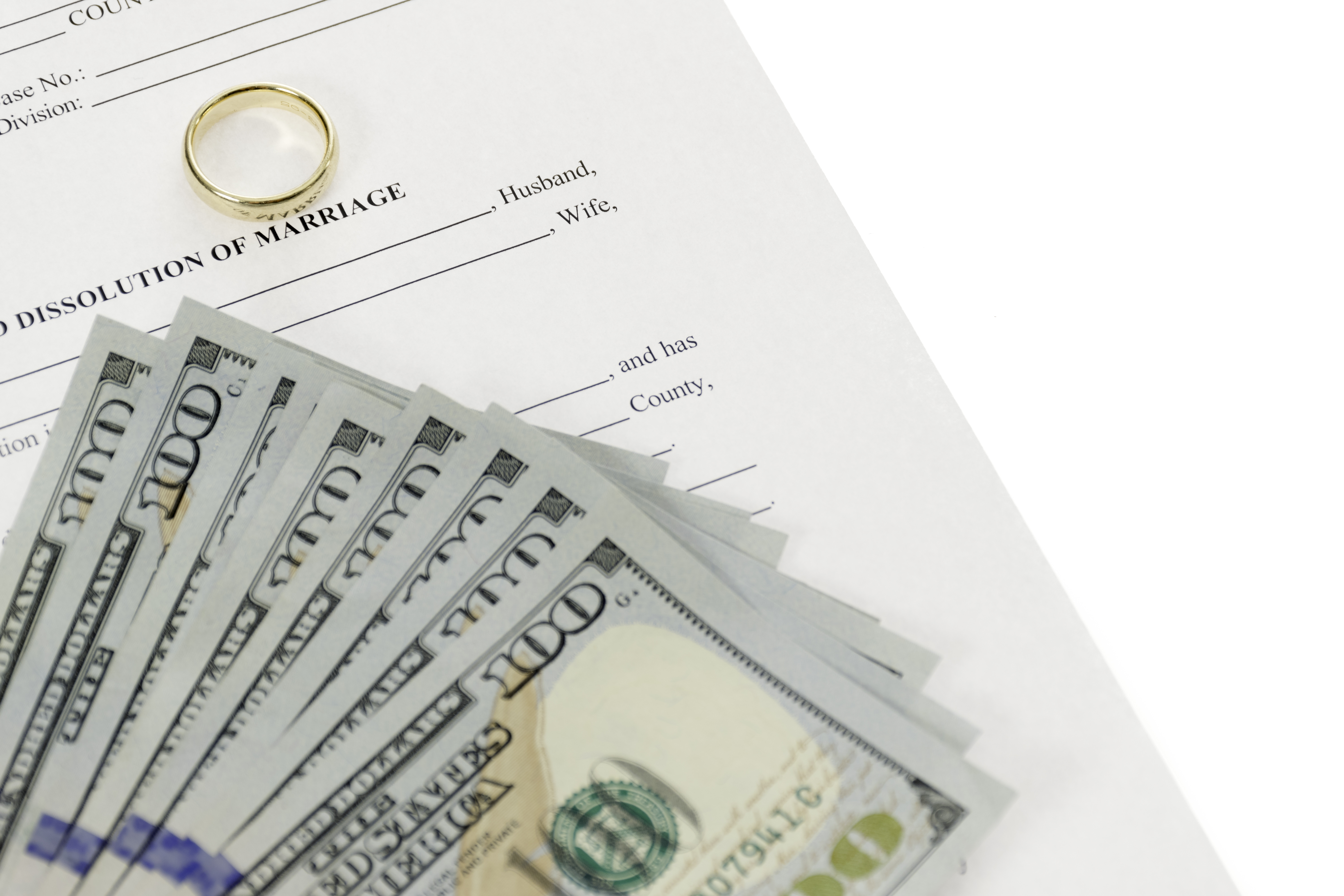
When a couple in New York State makes the decision to get divorced, there are a number of matters that must be addressed. One of the issues that frequently arises is that one spouse feels as though they should be entitled to financial support after the divorce is finalized while the other may feel as though they should not have to continue supporting their ex-spouse after the divorce. Spousal maintenance is one of the most highly contested issues of divorces in New York.
One of the most important things to note in regards to spousal maintenance is that it is not always required. When both spouses are financially independent of one another and have been for the bulk of the marriage, a spousal maintenance award may be unnecessary. In other cases, it exists to help a dependent spouse get back on their feet after the divorce while they become financially independent of their ex-spouse. In the State of New York, spousal maintenance is highly dependent on the length of the marriage in combination with the needs of the dependent spouse. The duration of spousal maintenance that is permitted in New York is as follows:
- Marriages that lasted 15 years or less can only have an alimony award of 15 to 30 percent of the length of the marriage.
- Marriages that lasted between 16 and 20 years can have an alimony award of 30 to 40 percent of the length of the marriage.
- Marriages that lasted 20 years or more may have an alimony award that is 35 to 50 percent of the length of the marriage.
Another important factor to be aware of when it comes to spousal maintenance in New York is that there is a cap on how much support can be paid based on the payor’s annual income. It dramatically decreased from $543,000 per year to $175,000 per year.
There is also a common misconception that a spouse who cheated on the other will have to pay more in spousal maintenance. This is not the case in New York unless the dependent spouse can prove that marital funds were spent on the affair or were intentionally wasted. Another important factor that is considered is if the independent party intentionally inhibited the other spouse’s earning capacity or became intentionally underemployed in an effort to try and avoid a support obligation.
If you have questions about spousal maintenance in New York State, contact our firm today.
Matters of divorce and family law should be navigated with the guidance of an experienced attorney. If you need strong legal representation regarding matters of divorce, family law, and estate law, contact the Law Offices of Susan A. Kassel, P.C. to schedule a consultation today.



